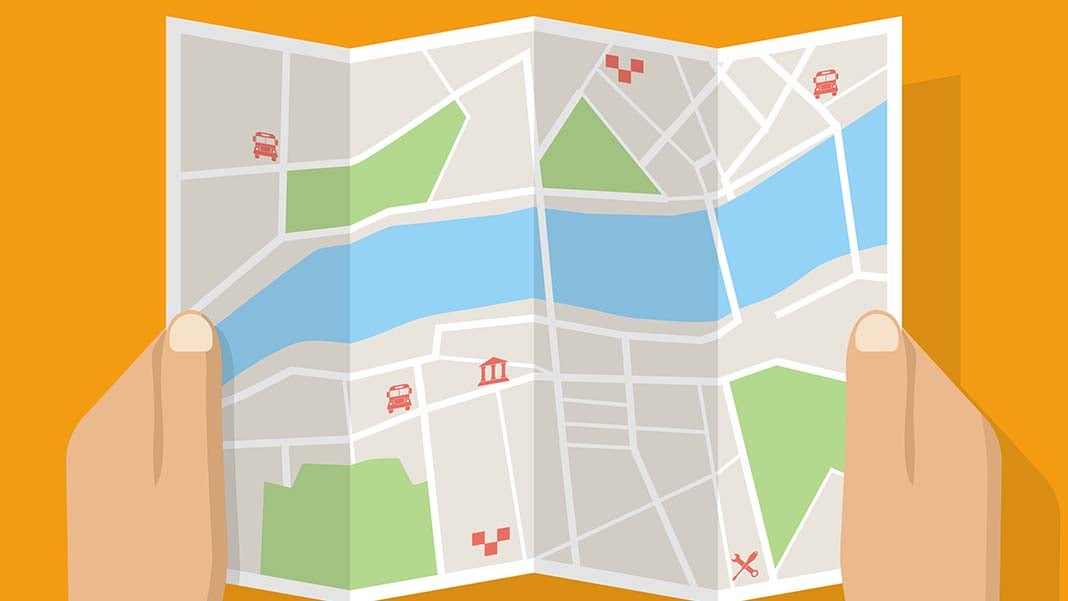
Ultimately, the defining factor when reviewing territory comes down to a single question: “Do you have a large enough customer base to be successful?” While there are several components to that question, this is what you are looking to determine.
Even with the best business model out there, an over-saturated market leads to frustration and coming up short at the end of the month. When evaluating the territory on a prospective franchise, here are several things to consider:
Reviewing Density, Market Size and Income Levels
Do you live in a rural community or a robust metropolitan center? With higher population density, typically, you’ll encounter a smaller geographical region. Walking around New York City, you can cross at least four subways on your trek to work, while there may only be two in a small town. They have dramatically different market shares, which creates different successful territory boundaries.
Understand the specifics of your prospective franchise territory, as well as how it is determined. Depending on the franchise, it could be a distance radius, population size, or a blend between the two. In some B2B models, it could be the number of business contacts you’re given. Making sure your prospective franchise territory has the income levels that can afford your goods and services.
While seasoned franchises are typically very adept at assigning territories, it’s important to review the metrics and make sure that your new area will have a large enough market size and demand to thrive. Remember that not every business model can survive in different regions. There’s a reason you don’t see dog-walking franchises in farmland Montana or surf shops in Oklahoma.
Understanding Specialty Sites
One typical caveat to assigned territories is specialty sites. These include spaces such as the airport, military bases, universities, and sports stadiums. Most often, it caters to a captive audience. Characteristically, these venues don’t directly compete with your business. A business commuter trapped at the airport for a long layover will not exit the premises just to stop by your sandwich shop. They will, however, consider a sister location before boarding.
Review the different agreements for specialty sites. While they typically don’t compete, there’s no saying that the franchisor can’t claim a mall is a specialty site. I recommend requesting first right of refusal for specialty sites in your territory.
Territory Exclusivity
Particularly in the digital age, the lines around territories can blur slightly. You need to define if you have a protected territory, exclusivity, and any exceptions, such as the aforementioned specialty sites. What options do you have selling online? What efforts will the franchisor make to sell and distribute items online in your region?
Particularly in dense regions, there may be restrictions on your customer base. While a brick-and-mortar location can serve anyone who enters their doors, catering an event in another territory may cause problems. This issue is addressed in the FDD, often with a referral fee when transferring the business to the other franchisee.
The other aspect to consider is border locations. Ideally, you want a buffer between the start of your territory and the next operating unit. Occasionally, franchisors will agree to open a new unit right on the edge of your region. Talk to other franchisees in similar cities to see if they have had problems before.
Relationship between Territory and Advertising
Territory doesn’t only cover the space between businesses. It also includes marketing. The franchisor establishes the marketing structures. Sometimes, these include Co-op measures or local initiatives. Other times, franchisees chose to isolate their marketing efforts. Understand the structure, as well as your marketing obligations, early on.
Specific restrictions also depend on the type of marketing. Launching radio ads for a station serving half the county may be allowed, whereas sending out flyers in some neighborhoods may not be advisable.
You can learn more about marketing structures here.
When to Bring in Legal Help
Purchasing a franchise marks an exceptionally large investment. Add to that: the FDD is a complex and lengthy document. Once you’ve selected a prospective franchise to purchase and gone through the initial vetting, it’s important to partner with a lawyer who specializes in franchise law. As a seasoned franchise lawyer, I help prospective franchisees review the FDD, understand the terms of the agreement, and spot any unreasonable or unusual clauses. As a co-owner in a franchise, I can also help you evaluate your assigned territory and spot any potential problems with specialty sites.
I am your first line of defense in ensuring your investment, as well as making sure everything is above board with the business you are purchasing.












